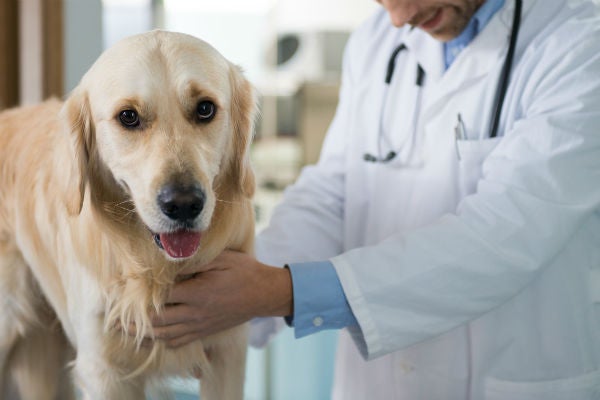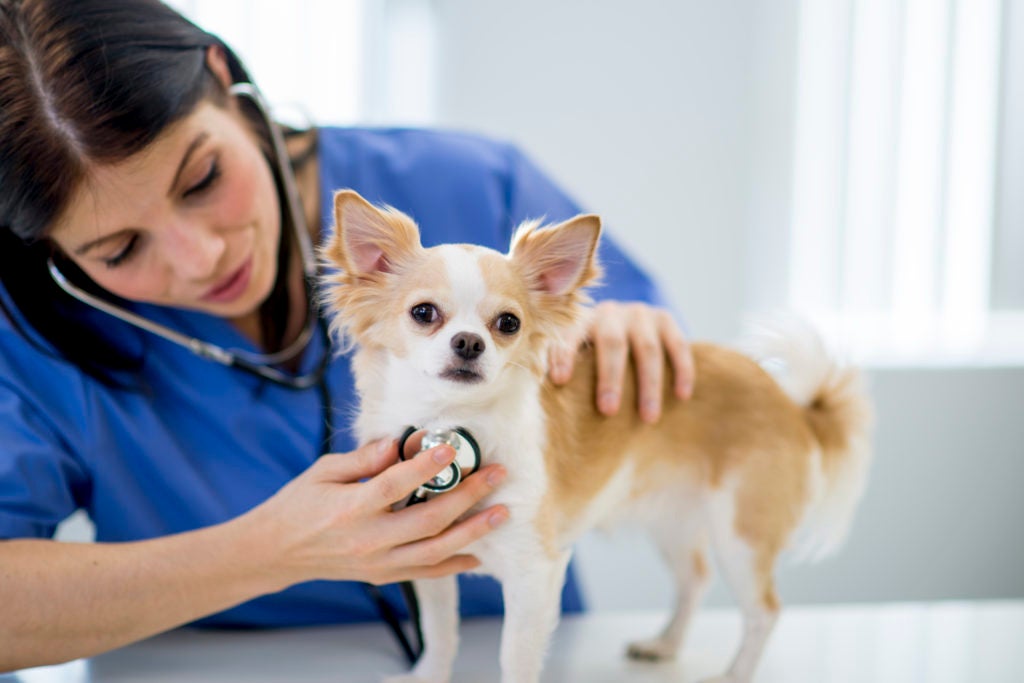
By Erin Rakosky DVM & Paisley Lunchick RVT KPA-CTP
You have the right sire selected for your special female and a list of potential puppy buyers, eager for their new family member. But a few weeks after breeding, you get the disappointing news that your bitch is not pregnant.
There are several reasons a breeding may not result in a pregnancy or full-term whelping. Knowing more about fertility concerns in dogs can help breeders use best practice methods for breeding. We talked with Kate E. Withowski DVM, of Veterinary Medical Center of Easton, MD and a diplomate of the American College of Theriogenologists, about common causes of infertility in female dogs.
Mistiming
Mistiming of ovulation is the primary reason for breeding to not result in pregnancy. The canine heat cycle has three stages: proestrus, oestrus and anestrous. Ovulation occurs during oestrus, which begins approximately nine to 12 days after the heat cycle begins and lasts approximately nine to twelve days. This is the time when the bitch should be bred.
Dr. Withowski recommends that breeders work closely with a veterinarian who has experience in ovulation timing. The veterinarian will monitor your bitch’s heat cycle through vaginal cytologies, progesterone and possibly LH testing to better predict the right time to breed. Withowski suggests breeding twice during oestrus to ensure the best chances of insemination.
CEH
Cystic endometrial complex (CEH) occurs over time because of progesterone following a normal heat cycle. The presence of CEH makes the uterus a more hostile place for fetuses to grow and increases a bitch’s chances of developing a pyometra.
“I would encourage owners to think about planning to breed their bitch by the time she is 2 or 3-years-old to avoid age and CEH-associated infertility issues,” Dr. Withowski said.

Physical Health
The physical condition of the bitch can also affect her fertility. Dr. Withowski recommends that bitches be in good health, health tested according to their breed club recommendations, up to date on vaccinations, and free of any underlying disease. They should be in healthy weight (neither over– or under-weight) and eating a well–balanced commercial diet approved by the Association of American Feed Control Officials or a homemade diet created with the aid of a veterinary nutritionist. If a bitch is due for vaccines, they should be performed no later than three weeks prior to her cycle. She should be kept on heartworm and flea/tick preventatives that are labeled safe for pregnant dogs.
Semen & Breeding Methods
The semen sample and breeding method can impact the chances of pregnancy, even if the timing of ovulation is correct. Poor semen quality and sample type (fresh, chilled, or frozen) can be one reason for pregnancy not occurring. Dr. Withowski said the insemination method (natural, vaginal AI, intrauterine AI – transcervical or surgical) can impact pregnancy rate and litter size in bitches. Research should be performed to determine the best method and semen type for your breeding desires.
Brucellosis
Though brucella canis infections in dogs are rare, the bacteria can have devastating consequences. Such consequences include male and female infertility, abortion and puppy loss. Prior to breeding, both the bitch and the dog should be tested for Brucella. This is an easy blood test that can be performed during semen collection or ovulation timing visits. If any dogs show positive on screening tests, then further testing is required.
Breeding dogs can be fun and rewarding, but it can also bring frustration and loss. Following these recommendations can give you a good start in your breeding program.

